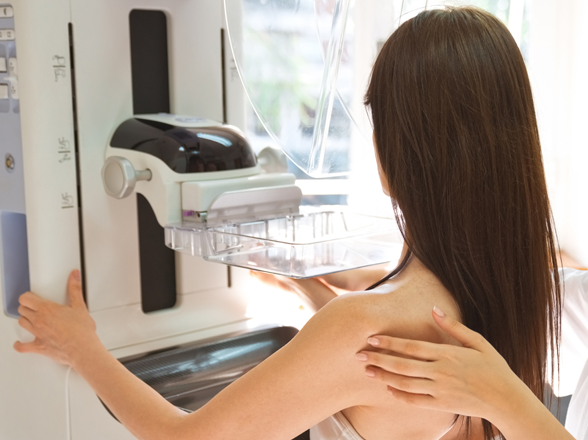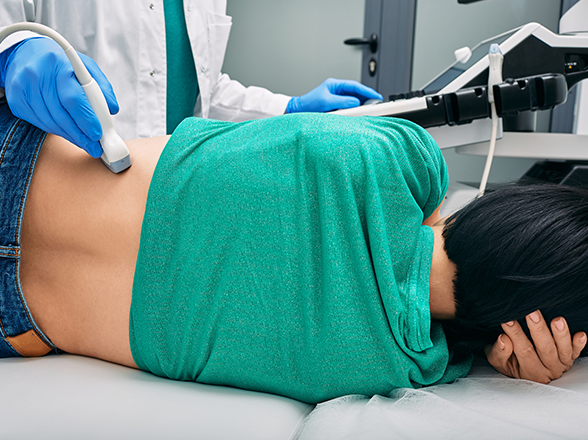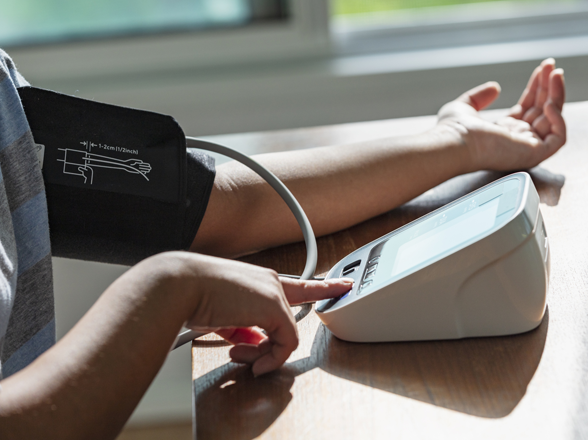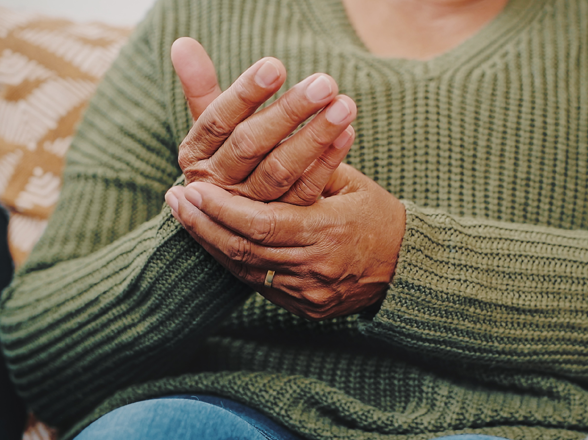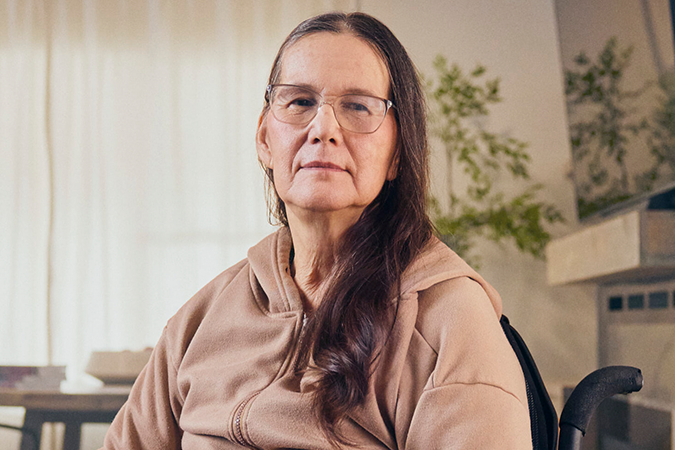Menopause is a biological process that marks the end of a woman’s reproductive years, and they stop menstruating. Leading up to and especially during menopause, women go through hormonal changes and produce less estrogen and progesterone. This can lead to both physical and emotional changes.
Menopause is considered a post-reproductive phase. Some may be relieved or unbothered by this transition into a new phase of life, while others might struggle with a variety of symptoms, such as hot flashes, trouble sleeping, pain during sex and depression.
In the reproductive years, your body produces higher amounts of estrogen. As women transition into menopause, estrogen production lessens, and the risk of heart conditions and stroke increases. Women who experience early menopause (before age 45) have a higher risk.
Throughout menopause, you may experience:
- hot flashes
- severe sweating
- sleep disturbances
- higher blood pressure
- increase in bad cholesterol (LDL)
- increase in fat (triglyceride) levels
- decrease in good cholesterol (HDL)
- increase in central body fat.
A note on menopausal hormone therapy (MHT)
Menopausal hormone therapy, also known as hormone replacement therapy (HRT), may help reduce the risk of heart conditions and stroke after menopause. The timing of starting MHT impacts effectiveness at reducing risks, with the greatest benefits within 10 years of menopause. For women who already have a heart condition or stroke, MHT is generally not advised. This is an active area of research.

